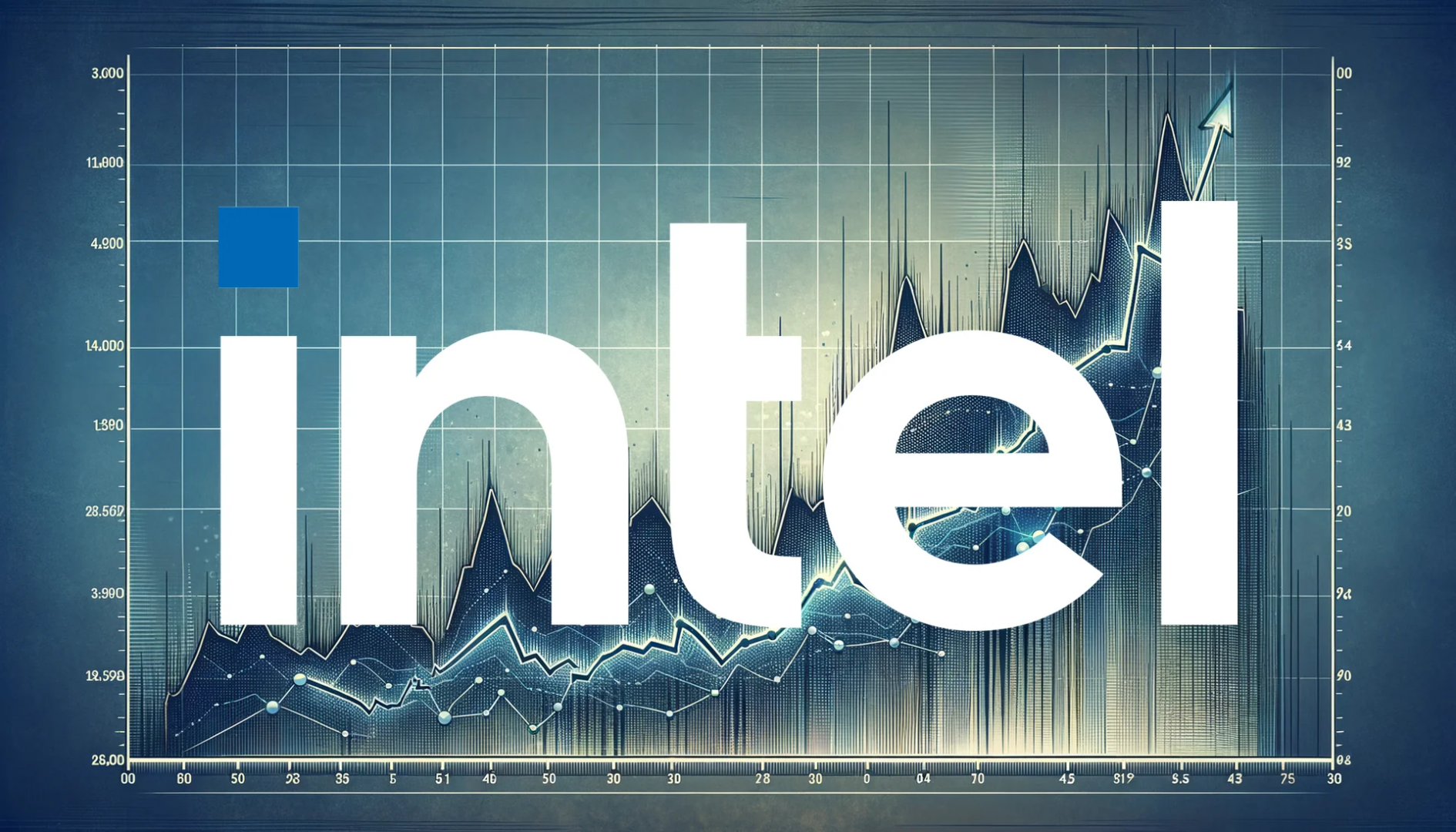The financial technology giant Fiserv finds itself navigating turbulent waters after a one-two punch of analyst downgrades and class-action lawsuits rattled investor confidence. What initially appeared as routine market adjustments now reveals deeper operational challenges, raising questions about the sustainability of the payment processor’s much-touted expansion narrative.
Analyst Downgrade Highlights Growth Slowdown
Mizuho Securities delivered a sharp reality check to Fiserv investors, slashing its price target from $194 to $165 – a nearly 15% reduction. While maintaining an "Outperform" rating, the investment bank’s revised outlook points to concerning developments in the company’s core operations.
This reassessment followed Fiserv’s decision to trim its organic growth forecast from the original 10-12% range to approximately 10%. Market strategists particularly zeroed in on scalability issues within the Clover division, Fiserv’s flagship merchant-acquiring platform.
Though Mizuho analysts still consider Clover’s $3.5 billion revenue target achievable, they cautioned that previous price increases may now be constraining growth. This admission suggests the division’s expansion isn’t progressing as smoothly as management had projected.
Should investors sell immediately? Or is it worth buying Fiserv?
Legal Storm Clouds Gather Over Business Practices
Simultaneously, Fiserv confronts multiple securities fraud class actions filed on behalf of shareholders. These legal challenges allege the company artificially inflated growth metrics through questionable operational tactics.
At the heart of the litigation lies a controversial migration strategy. Plaintiffs claim Fiserv forcibly transitioned merchants from its legacy Payeezy platform to the newer Clover system, temporarily boosting Clover’s transaction volumes while masking slowing new customer acquisition rates.
More damningly, court documents suggest many migrated merchants subsequently defected to competitors, citing steep pricing and subpar customer support. Should these allegations gain traction in court, Fiserv’s leadership could face not only legal repercussions but potentially lasting damage to its reputation among institutional investors.
The convergence of analyst skepticism and legal scrutiny presents Fiserv with its most significant challenge since becoming a fintech powerhouse. As both Wall Street and the courtroom examine the company’s growth claims, investors await clarity on whether recent setbacks represent temporary turbulence or signal more systemic issues in the making.
Ad
Fiserv Stock: Buy or Sell?! New Fiserv Analysis from February 8 delivers the answer:
The latest Fiserv figures speak for themselves: Urgent action needed for Fiserv investors. Is it worth buying or should you sell? Find out what to do now in the current free analysis from February 8.
Fiserv: Buy or sell? Read more here...













